7 start with A start with A

What happens when the cerebral--that is, theories of literature and of affect--encounters the corporeal, the human body? In this study by Jane Thrailkill, what emerges from the convergence is an important vision of late-nineteenth-century American realist literature and the role of emotion and physiology in literary criticism.
Affecting Fictions offers a new understanding of American literary realism that draws on neuroscience and cognitive psychology. Thrailkill positions herself against the emotionless interpretations of the New Critics. Taking as her point of departure realist works of medicine, psychology, and literature, she argues that nineteenth-century readers and critics would have taken it for granted that texts engaged both mind and body. Feeling, she writes, is part of interpretation.
Examining literary works by Henry James, Kate Chopin, Charlotte Perkins Gilman, and Oliver Wendell Holmes, Thrailkill explores the connections among the aesthetic, emotion, consciousness, and the body in readings that illuminate lesser-known works such as "Elsie Venner" and that resuscitate classics such as "The Yellow Wallpaper."
Focusing on pity, fear, nervousness, pleasure, and wonder, Thrailkill makes an important contribution to the growing body of critical work on affect and aesthetics, presenting a case for the indispensability of emotions to the study of fiction.

The book includes the first English-language anthology of Visky’s best known plays—Juliet, I Killed My Mother, and Porn—as well as critical analysis and an exploration of Visky’s “Barrack Dramaturgy,” a dramaturgical theory in which he considers the theater as a space for exploring feelings of cultural and personal captivity. Inspired by personal experience of the oppressive communist regime in Romania, Visky’s work explores the themes of gender, justice, and trauma, encouraging shared moments of remembrance and collective memory. This collection makes use of scripts and director’s notes, as well as interviews with creative teams behind the productions, to reveal a holistic, insider’s view of Visky’s artistic vision. Scholars and practitioners alike will benefit from this rare, English-language collection of Visky’s work and dramaturgy.
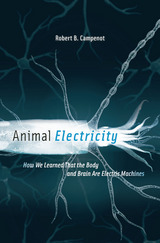
Like all cellular organisms, humans run on electricity. Slight imbalances of electric charge across cell membranes result in sensation, movement, awareness, and thinking—nearly everything we associate with being alive. Robert Campenot offers a comprehensive overview of animal electricity, examining its physiological mechanisms as well as the experimental discoveries that form the basis for our modern understanding of nervous systems across the animal kingdom.
Cells work much like batteries. Concentration gradients of sodium and potassium cause these ions to flow in and out of cells by way of protein channels, creating tiny voltages across the cell membrane. The cellular mechanisms that switch these ion currents on and off drive all the functions associated with animal nervous systems, from nerve impulses and heartbeats to the 600-volt shocks produced by electric eels.
Campenot’s examination of the nervous system is presented in the context of ideas as they evolved in the past, as well as today’s research and its future implications. The discussion ranges from the pre-Renaissance notion of animal spirits and Galvani’s eighteenth-century discovery of animal electricity, to modern insights into how electrical activity produces learning and how electrical signals in the cortex can be used to connect the brains of paralyzed individuals to limbs or prosthetic devices. Campenot provides the necessary scientific background to make the book highly accessible for general readers while conveying much about the process of scientific discovery.
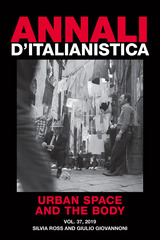
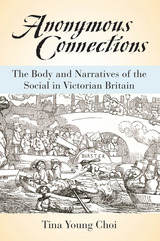
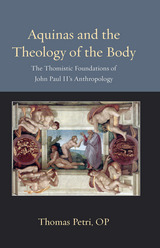
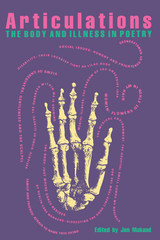
In 1987 poet and physician Jon Mukand published Sutured Words, a volume of contemporary poems to help patients, their families and friends, and all health care professionals embrace the complexity of healing, illness, and death. Robert Coles called the collection “a wonderful source of inspiration and instruction for any of us who are trying to figure out what our work means”; Norman Cousins was impressed by the “discernment and high quality of the selections.” Now, in Articulations, Mukand adds more than a hundred new poems to the strongest poems from Sutured Words to give us a lyrical, enlightened understanding of the human dimensions of suffering and illness
READERS
Browse our collection.
PUBLISHERS
See BiblioVault's publisher services.
STUDENT SERVICES
Files for college accessibility offices.
UChicago Accessibility Resources
home | accessibility | search | about | contact us
BiblioVault ® 2001 - 2024
The University of Chicago Press









